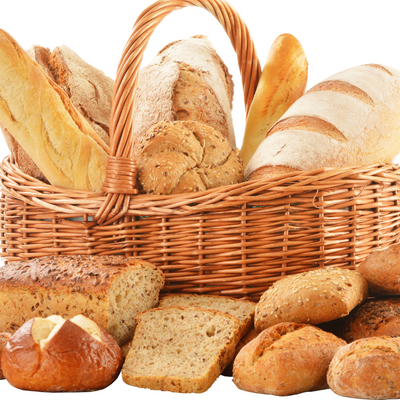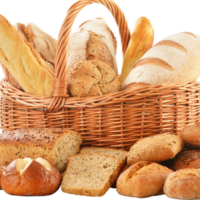The Torah instructs us that during Passover we are to eat no leavened foods, known in Hebrew as chametz, nor are we to even have those foods in our possession. To fulfill the mitzvah of ridding ourselves of chametz, we traditionally engage in several practices.
Most familiar is the pre-Passover cleaning. We do a deep cleaning of our kitchens and pantries, stoves and sofa cushions, so that all traces of leavened foods are removed. This is our Jewish spring cleaning.
But what do we do with our stores of unopened leavened products? Must we rid ourselves of them as well? What will we eat after the holiday is over? The Sages, not wanting to impose an undue burden on the community, came up with a labor-saving workaround. Since the Torah says that we are not to have any leavened foods “in our possession,” the practice was established of storing our unopened chametz in a closed closet or cabinet in our home and then symbolically selling that chametz to a non-Jewish neighbor for a token price. That way, the chametz is no longer in our “possession,” and we have fulfilled the Biblical commandment. At the end of Passover the neighbor “sells” the chametz back to us.
The final practice is bedikat chametz, a symbolic search for chametz on the morning before Passover begins. Adults often hide the last pieces of bread around the house, and children search for them. These final bits of leavened bread are then ceremonially incinerated over a fire, a practice called biur chametz, and our homes are now fully cleansed and ready for the Holiday.
Not only do these customs give us a very clean home, but we also understand them symbolically as ridding ourselves of all the stale, puffed up or sour places within ourselves, so that as we enter the Season of our Liberation we have already begun the process of liberating ourselves, readying ourselves for new beginnings.


